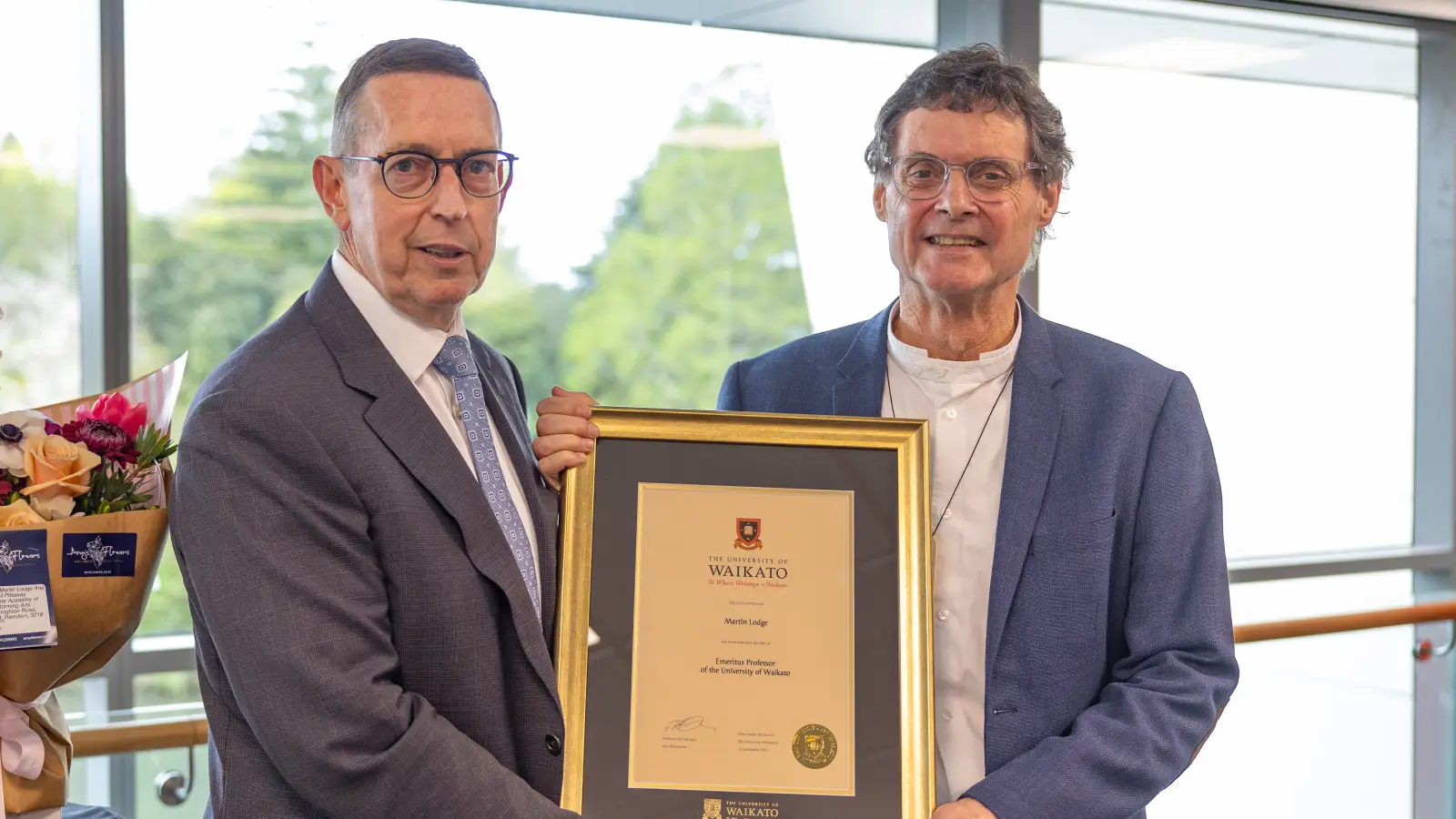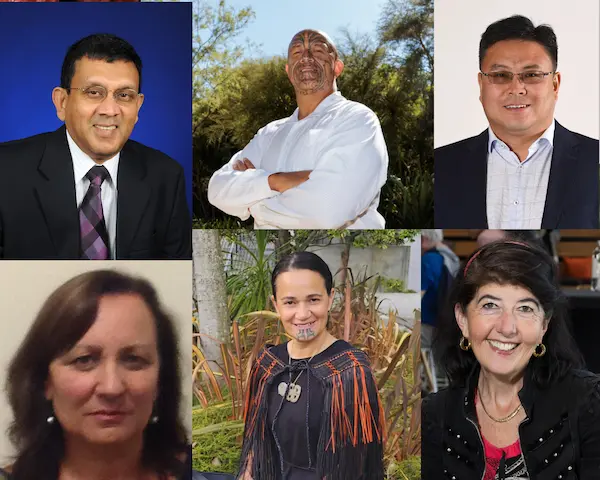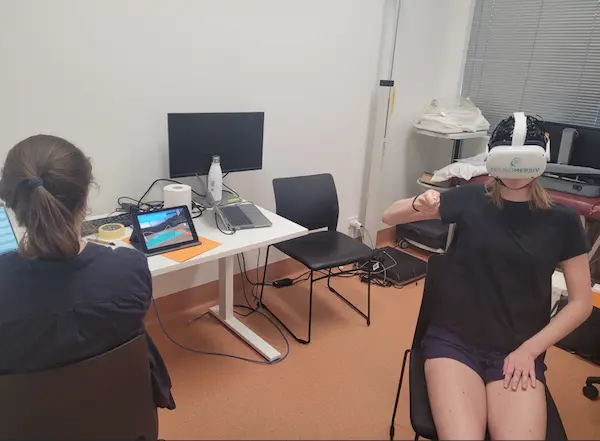Award-winning poet and University of Waikato senior lecturer Dr Tracey Slaughter has spent the last nine months reviewing more than 1000 poems for this year’s Poetry Aotearoa Yearbook 2023: After-burn.

Dr Tracey Slaughter will showcase a thrilling new crop of poetry in this year's Poetry Aotearoa Yearbook.
“So many of this year's submissions took my breath away with their skill and resonance, so the final selection was an intense process,” Dr Slaughter says.
Poetry New Zealand Yearbook, renamed Poetry Aotearoa, has been running since 1951 and is New Zealand’s longest-running poetry journal. The publication is highly regarded, bringing together new poetry, reviews and essays from established and emerging writers around New Zealand.
This is Dr Slaughter’s third year editing the anthology, which includes a diversity of perspectives. Subtitled After-burn, the work reflects the living issues of our times.
“It has a beautiful interplay of voices, across cultures, genders, and ages, rising to meet the current pressures of climate change, the pandemic impact, and vividly exploring an array of lived experiences in Aotearoa.
“Poetry has caught alight within the younger generation. It’s a living art form that the young have grabbed hold of. There is a fire burning within young people and they are claiming that space and making themselves heard.”
After-burn features 150 poems from 110 poets including Waikato University English graduates and current students such as essa may ranapiri, Dadon Rowell, Mark Prisco, Liam Hinton, Jessie Burnette, Evie Howell, Shaynah Jackson and Heidi Rogers.
“Seeing these students and others succeed in their writing is a big thrill and driving force of my teaching career,” Dr Slaughter says, who is an award-winning author of short fiction, poetry and personal essays. She has worked at the University of Waikato since 2008, teaching Creative Writing and English.
“I’ve seen students go from writing their first poem to publishing their second book because this platform has given them a space to share their work.”
The 2023 featured poet is former Waikato Writing Studies student, Tyla Harry Bidois, described by Dr Slaughter as “an intense and high-impact poet”.
“She was a student of mine years ago and an absolute standout from the early days in her undergraduate workshops.”
Tyla’s work centres largely on mixed-race cultural identity, womanhood and poetic form.
Coming full circle – from seeing her first poem published in Poetry New Zealand 17 in 1998 to being named featured poet in 2002, to now, as editor – Dr Slaughter says her association with the Yearbook has been a real honour.
“This platform helped my own development and allowed me to connect with local voices and now I am able to give other emerging voices a place to show their work.”
When it comes to reviewing each submission, Dr Slaughter says it’s not about following a checklist, but instead it’s about feel and connectivity.
“Because I’m a poet myself, and I know what goes into writing one, I take this role seriously and devote my time to every poem that comes in.”
Dr Slaughter wishes she had the time to give detailed feedback to those who don't make the cut. Her advice to early-stage poets is to seek out creative writing classes like the ones she teaches at Waikato University alongside her colleague, acclaimed writer Catherine Chidgey.
On May 4, the pair will hold a workshop for secondary school students, to give local young talent a taste of the ways they can develop their writing at Waikato University.
“People often have that real raw voice and talent and they only need that extra direction. It’s the workshopping experience you get in creative writing classes that can really make the difference and spark new direction or new techniques.”
Poetry Aotearoa Yearbook 2023: After-burn launches at a live event at Poppies Bookshop in Hamilton on March 9, at 5.30pm.
About Tracey Slaughter
Dr Slaughter is the author of six books, including the short story collections 'Devil's Trumpet' and 'deleted scenes for lovers', the poetry volume 'Conventional Weapons' and the novella 'if there is no shelter’.
Among numerous literary prizes, Dr Slaughter has won the international Fish Short Story Prize, 2020, the landfall Essay Prize for the memoir ‘Ashdown Place’ in 2015, and the Bridport Short Fiction Award, 2014.



